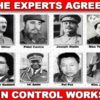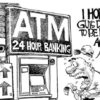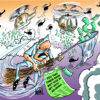Ridley Scott’s Napoleon: Was the French leader really a monster?
![]()
Share using EmailShare on TwitterShare on FacebookShare on Linkedin
(Image credit: Alamy)
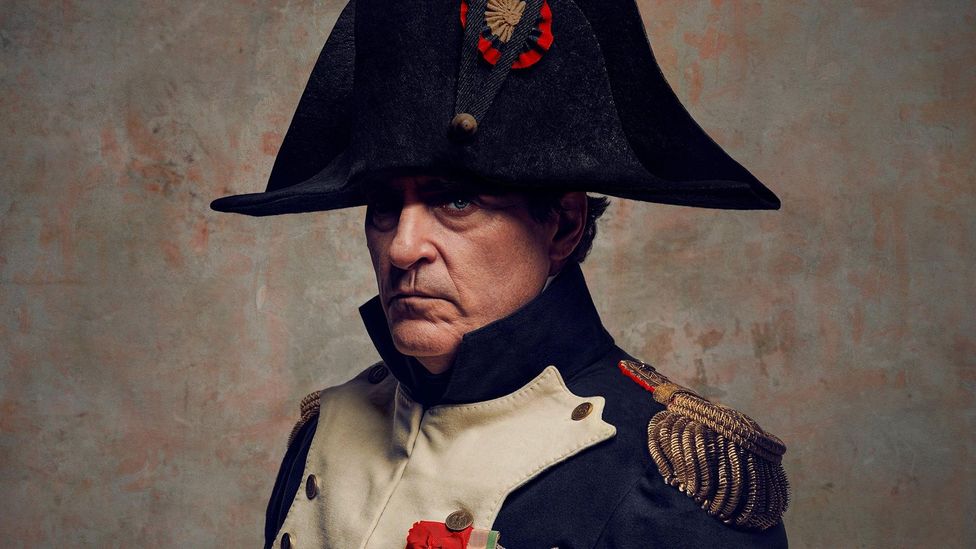
By Neil Armstrong20th August 2023
Ahead of his new epic, with Joaquin Phoenix as Napoleon, Scott has caused anger with his comments about his lead character, comparing him to Hitler and Stalin. What’s the truth of the matter, asks Neil Armstrong.
I
It was the opening of his campaign, and the British veteran unleashed a salvo of shots at the French lines. That is to say, director Ridley Scott was promoting his latest film, due to be released in November.
Napoleon promises to be an epic account of the rise of the emperor, played by Joaquin Phoenix, focusing on his volatile relationship with his first wife Joséphine (Vanessa Kirby).
More like this:
– The one thing Oppenheimer gets wrong
– The ultimate anti-war films
– The French TV series that stormed the world
And while there’s months to go before we see the end result, conversation has started swirling around the biopic in earnest, thanks to comments Scott has made in an interview with film magazine Empire. “I compare [Napoleon] with Alexander the Great, Adolf Hitler, Stalin. Listen, he’s got a lot of bad shit under his belt,” he declared, explaining his take on the character.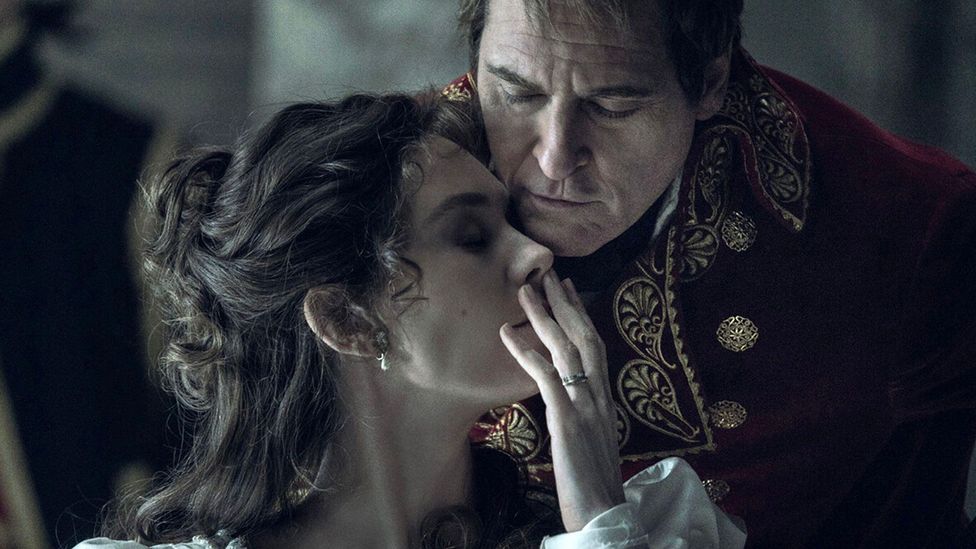
Ridley Scott’s new Napoleon biopic explores his relationship with his first wife Joséphine (Vanessa Kirby) (Credit: Alamy)
Quoi? Arrête! The French wasted no time in returning fire and correcting the impudent Brit. “Hitler and Stalin built nothing and only wrought destruction,” Pierre Branda, academic director of the Fondation Napoléon, told The Telegraph. “Napoleon built things that are still in place today.” Thierry Lentz of the Fondation Napoléon said in the same piece: “Napoleon did not destroy either France or Europe. His legacy was subsequently celebrated, embraced and expanded on.” So what is the truth of the matter – and does Scott have a leg to stand on?
Napoleon, a brilliant military commander, seized power in 1799 during a period of political instability in France following the French Revolution. Admirers say he made France a more meritocratic country than it had been under the pre-revolutionary ancien régime. He centralised the government, reorganised banking, overhauled education and instituted the Napoleonic code, which transformed the legal system and served as a model for many other countries.
If I was going to compare Napoleon to anyone, then I would go back in history to Louis XIV, an absolute monarch who waged unnecessary wars
But he also waged a series of bloody wars across Europe, establishing an empire that, at its height, stretched from the Iberian Peninsula to Moscow. By 1812, the only areas of Europe free from his control, by direct rule or puppet rule or through alliance, were Britain, Portugal, Sweden and the Ottoman Empire. He was finally defeated in 1815 by an alliance of nations led by Britain in the Battle of Waterloo.
Napoleon and the Napoleonic Wars loomed large in the minds of British people of the period and beyond. Cartoonists were obsessed














